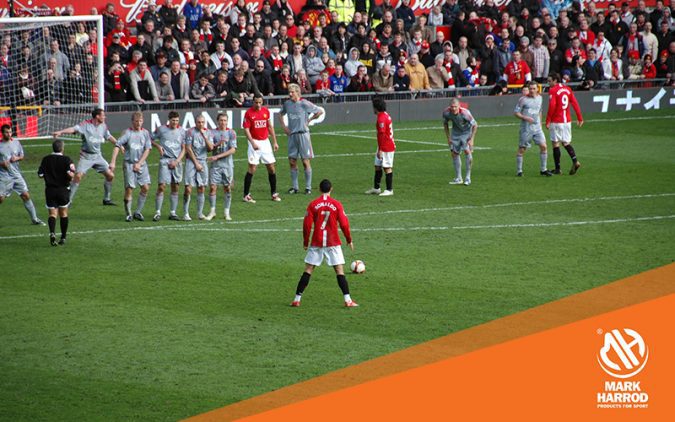
In times that passed long ago he played strength and power sports and karate. For some nothing could go anymore, while for others everything could. The old ways no longer applied, nor did the old fears. They said he was the grandson of an "enemy of the people" and a section with a red underline read: "He cannot assume a governing position." Borisov became a firefighter like his father, and, had communism persisted, would probably have retired as a firefighter. Many years later, when Communism had long been defeated, Borisov would hold in his hands documents from the State Security. He was considered to be a bright child, but higher education was out of the question for him. Let's start with the formalities: Boyko Borisov was born in 1959 in a Sofia suburb. To explain this, we have to take one step back. For one thing is clear: no head of government in Europe has such a colorful biography as Boyko Borisov – and he was invented by the CSU. The truth does not lie somewhere in the middle, but rather slightly to the right of it. If Borisov really is as Kolev describes him – what does that say about Bulgaria and Bulgarians? Did Borisov maybe give the best answer himself when he once told his countrymen: "You are simple and I am simple – so we get along." Or maybe the Prime Minister of the EU's poorest member state is quite different from the way its richest citizens describe him? All previous heads of government were voted out of office after four years at the latest. He is the only Bulgarian Prime Minister since the changes began 25 years ago to whom Bulgarians gave a second term. Borisov has governed since 2009, with a brief interruption. Even more, however, do not think like Kolev. Kolev just wants a somewhat honorable man – but says Borisov is not that kind of a man: "This man is one of those people who could not care less about education but instead rely on the law of the strongest and the power of old networks. A person who comes from a house where Gainsborough paintings hang on the walls and Chopin was played. They want an impeccable knight who speaks five languages. And many have high requirements of a politician they might like. Therefore he acts in a western-friendly manner and enjoys being praised for this or patted on the shoulder in Washington, Brussels or Berlin." Many of the educated, successful Bulgarians, many of those who emigrated and watch the country only from afar, cannot stand Borisov. "He has virtually no values," say Kolev and adds: “Only a huge ego. In his words, Borisov only does politics of symbols, which hardly ever turns into deeds. “This man symbolizes more than anyone else the history of the transition, the ugly face of these 26 years,” Kolev says. Such as Stefan Kolev for example, an economist who grew up in Sofia, but left Bulgaria years ago, just as hundreds of thousands of his countrymen after the collapse of communism in 1990. With shallow roots, though, say his enemies. Anyone willing to misunderstand him should do the same.īoyko Borisov is a man like a tree.

Anyone willing to understand Borisov should think about this field in 1944.

Boyko Borisov, Prime Minister of Bulgaria, has often told the story of his father's father. The man they who was hit was a monarchist – or at least that was how they called him. Those who hit were communists – or at least that was how they called themselves. Of course, it might as well have been a stubble or a fallow, who would know after all these years? In any case, in the autumn of 1944 his grandfather was led to this field and beaten to death. The original title, "Kick it like Borissow", has been slightly amended here to match the name spelling used by this website. It tells the story of Borisov's way to power in a way that, short of assessing his work at the helm of Bulgaria, the author defends beyond doubt his point that "no head of government in Europe has such a colorful biography".
Kick it like full#
Novinite is now publishing a full translation of the piece by Mr Martens, courtesy of the author himself. While journalists critical of Borisov have been misquoting Mr Martens to portray the former in a negative light, his supporters have praised other aspects of the piece. That happened for a very simple reason: Bulgarian media outlets taking opposite sides when it comes to Bulgarian politics cherrypicked those parts that served them best. A profile about Bulgarian Prime Minister Boyko Borisov, done by the Frankfurter Allgemeine Zeitung correspondent Michael Martens, has sparked mixed reactions among the Bulgarian public.


 0 kommentar(er)
0 kommentar(er)
